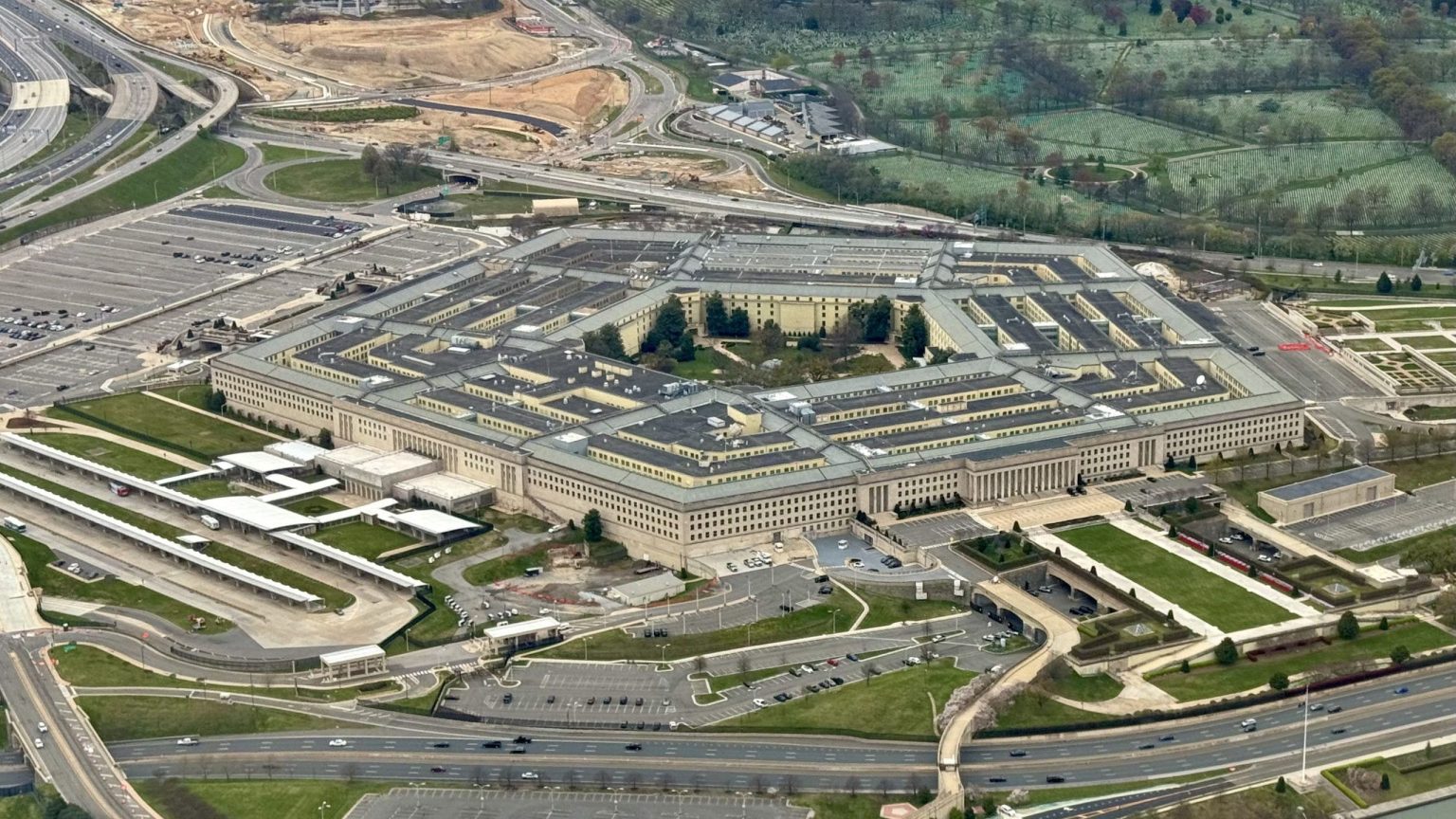The House of Representatives passed the National Defense Authorization Act (NDAA) for fiscal year 2024, a comprehensive piece of legislation outlining defense spending and policy. The bill, totaling $895.2 billion, represents a modest 1% increase over the previous year’s budget, falling short of the expectations of some defense advocates. While the NDAA traditionally enjoys bipartisan support, this year’s bill faced significant opposition from Democrats, primarily due to provisions targeting diversity, equity, and inclusion (DEI) programs and restricting transgender healthcare coverage for minors. The bill passed with a 218-140 vote, reflecting a much narrower margin than in previous years.
A central focus of the NDAA is improving the quality of life for service members, addressing growing concerns about recruitment challenges. The bill includes a substantial 14.5% pay raise for junior enlisted personnel, along with a 4.5% across-the-board pay increase for all service members effective January 1st. It also seeks to enhance access to childcare and provide job support for military spouses. These provisions aim to bolster military readiness and morale by addressing the financial and familial strains faced by service members.
However, the inclusion of a provision restricting Tricare coverage of transgender services for minor dependents of service members drew strong criticism from Democrats, with some questioning their support for the bill. Opponents argue that this provision unfairly targets a vulnerable population and politicizes healthcare decisions. While the bill stops short of banning gender transition surgeries for adults or requiring masks, the debate over transgender healthcare underscores the growing partisan divide on social issues within the context of defense policy.
The bill also addresses other contentious issues, such as authorizing the deployment of the National Guard to the southern border to assist with immigration enforcement and drug interdiction. It further explores the possibility of allowing facial hair for Air Force and Space Force personnel, directing a feasibility study on a pilot program for beards. These provisions reflect ongoing debates about border security and military grooming standards.
The NDAA’s exclusion of a provision expanding access to in-vitro fertilization (IVF) for service members also disappointed some Democrats. Currently, military healthcare covers IVF only for infertility related to service-related injuries or illnesses. The omission of this provision further highlights the challenges in balancing competing priorities within the defense budget. Similarly, the bill did not include an amendment reversing a previous provision allowing the Pentagon to reimburse service members for out-of-state abortion travel, further fueling the debate on reproductive rights within the military.
The bill’s focus on eliminating what some Republicans term “woke” policies in the military further contributes to its controversial nature. It includes provisions extending a hiring freeze on DEI-related roles pending an investigation into the Pentagon’s DEI programs. It also prohibits the Defense Department from contracting with advertising companies that “blacklist conservative news sources,” according to GOP sources. Furthermore, it cuts funding for the Biden administration’s “Countering Extremist Activity Working Group” aimed at addressing extremism within the military ranks. These provisions raise concerns about politicizing military policy and potentially undermining efforts to promote diversity and inclusion within the armed forces.
The NDAA’s stance on climate change also drew criticism. The bill explicitly prohibits any climate change programs and restricts the Pentagon from issuing guidance on weapons systems based on climate impact assessments. Critics argue that this stance ignores the growing national security implications of climate change, including increased natural disasters and resource scarcity.
House Speaker Mike Johnson highlighted the bill’s focus on fiscal responsibility, touting $31 billion in savings achieved by cutting “inefficient programs, obsolete weapons, and bloated Pentagon bureaucracy.” However, the specific programs and weapons systems targeted for cuts remain unclear. The bill’s emphasis on cost-saving measures reflects ongoing concerns about the rising cost of defense spending and the need for greater budgetary efficiency.
While the NDAA sets policy for the Department of Defense, a separate defense spending bill must be passed to allocate the funds authorized in the NDAA. This two-step process allows for separate debates on defense policy and appropriations, but it also creates the possibility of delays and disagreements between the House and Senate on funding levels. The Senate will now consider its version of the NDAA, and any differences between the House and Senate versions will need to be reconciled before the bill can be sent to President Biden’s desk for signature. The final outcome of this legislative process will significantly shape the future of the U.S. military and its ability to address evolving national security challenges.


